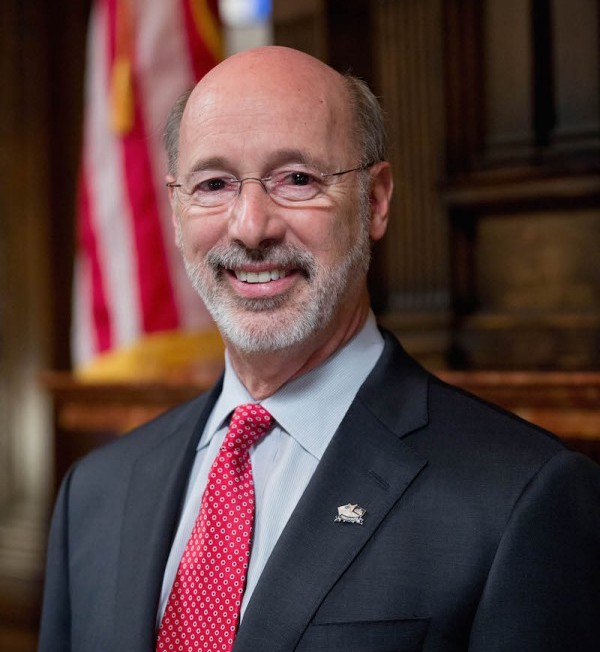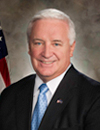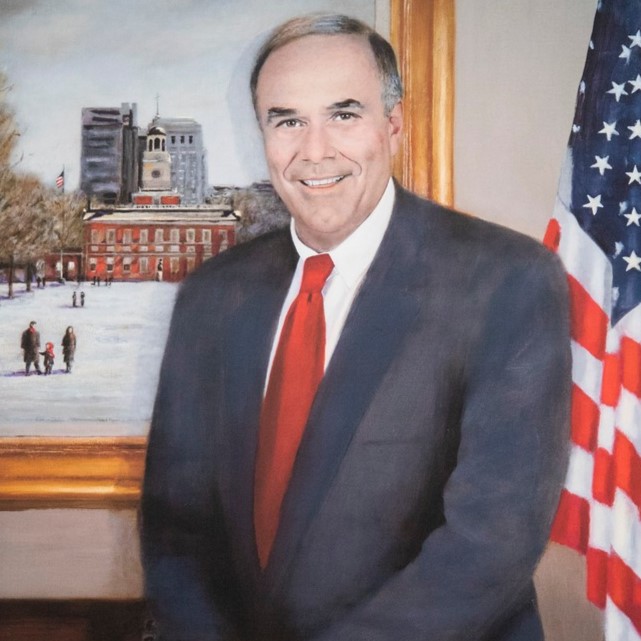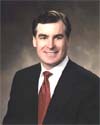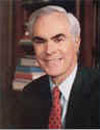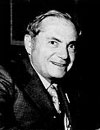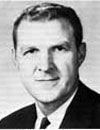Pennsylvania
Gov. Thomas Mifflin
- October 1, 1788 - December 17, 1799
- Federalist
- January 10, 1744
- January 20, 1800
- Pennsylvania
- College of Philadelphia (University of Pennsylvania)
- Married Sarah Morris
- Representative
- Army
About
THOMAS MIFFLIN was born in Philadelphia, Pennsylvania and educated at a Quaker school there as well as at the new College of Philadelphia (now the University of Pennsylvania). Engaged in the mercantile business, he served in the Pennsylvania Provincial Assembly in 1772, 1773, and 1775, and in the First Continental Congress in 1774. In May 1775 he was appointed a Major and went on to become George Washington’s aide-de-camp and the Continental Army’s first Quartermaster-General during the war of independence. He saw action in numerous battles, including Long Island, Trenton, and Princeton, rising in rank to Brigadier-General and then Major-General. However, his participation in the military resulted in his dismissal by the Quaker Meeting, and he was ultimately forced to resign his post after participating in a plot to replace then-General Washington during a difficult period of the war. He went on to serve once again in the state Assembly in 1778 and 1779 and in Congress from 1782 to 1784—as President in 1783. Mifflin was a member of the Constitutional Convention of 1787, President of the Pennsylvania Supreme Executive Council (the equivalent of governor) from 1788 to 1790, and Chairman of the Pennsylvania Constitutional Convention of 1789-1790. He was elected governor of Pennsylvania under the new State Constitution of 1790, winning reelection twice. During Mifflin’s nine years as governor, the state shifted from a Federalist bent to being strongly Jeffersonian, in large part because the federal excise tax on whiskey imposed in 1791 angered western Pennsylvanians, while the window tax of 1798 angered eastern Pennsylvanians. Mifflin declined to call up the Pennsylvania Militia at President Washington’s request to quell the 1794 Whiskey Rebellion, establishing a precedent that a governor could not be required by the President to call up state militia during peacetime in the absence of a local request. In addition, he declined Washington’s request to suspend the operation of a state law that interfered with federal military operations against Indians around Presque Isle in 1795. Mifflin’s administration also saw the onset of organized state political parties and the entry of state government into banking and transportation. After leaving office, Mifflin joined the state legislature, serving until his death in 1800 at the age of fifty-six. At the time of his death, he was the target of a suit by creditors that exposed him as bankrupt, resulting in the state legislature paying the expenses for his burial in Lancaster.
Note: Actual beginning office date is not known.
Source
Sobel, Robert, and John Raimo, eds. Biographical Directory of the Governors of the United States, 1789-1978, Vol. 4. Westport, CT: Meckler Books, 1978. 4 vols.
The National Cyclopaedia of American Biography, Vol. 2. New York: James T. White & Company.


